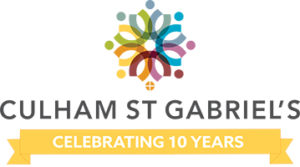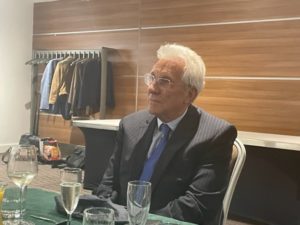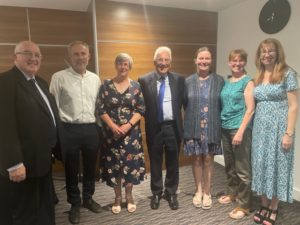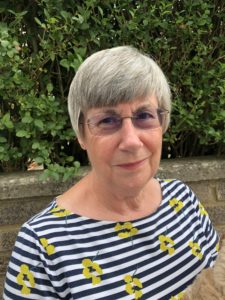I recall a conversation I had with our youngest son when he was about three years old. He asked me if his soft toy Winnie the Pooh was real or not. I asked him what he thought made something real? He said it needed to talk and move. I said, but you can feel him, you are holding him in your hand. He looked puzzled. So what is real? As the same son turns seventeen this week, he is now asking these questions in a different way, often related to particle physics, or cell structure in biology… But he is still asking questions.
Earlier this term, Culham St Gabriel’s commissioned a nationally representative survey through Savanata ComRes. The survey asked circa 2000 parents in the UK for their views on a range of matters related to religion and worldview literacy.
Close to 4 in 5 parents who responded discussed beliefs that affect people’s behaviour and decision-making with their child either sometimes or often. Over 70% discussed beliefs and practices of people with religious and non-religious worldviews, beliefs concerning what happens when we die and about the origins of the universe. Discussing some of the big questions in life, as well as philosophical and religious beliefs seems to be fairly commonplace in UK homes. I wonder how many other households have discussed the question ‘what is real?’.
Alongside this, the importance of school as a place where children learn about religious and non-religious perspectives was highlighted. Almost 70% said their child mainly accesses information about religious and non-religious worldviews at school. It is perhaps not surprising therefore, that 2/3 parents thought religious education was an important part of the school curriculum.
In light of the #census2021 and evidence that we live in an increasingly multi religious, multi secular society, the importance of a broad based, critical and reflective education in religion and worldviews has never been more important. Parents agree. When presented with a new approach to the subject- religion and worldviews- parents were even more positive about its value.
· 73% of UK parents said it is important to learn about the similarities and differences between beliefs and lived experience of different worldview traditions
· 72% of UK parents said that RE lessons should include teaching that worldviews are complex and may comprise both religious and non-religious beliefs
· 70% of UK parents said RE lessons should teach about the social and historical context of different religious and non-religious worldviews
So, if you are a parent or carer what questions have you discussed with your child today?
Will you support us in calling on government to fund a National Plan for RE?




